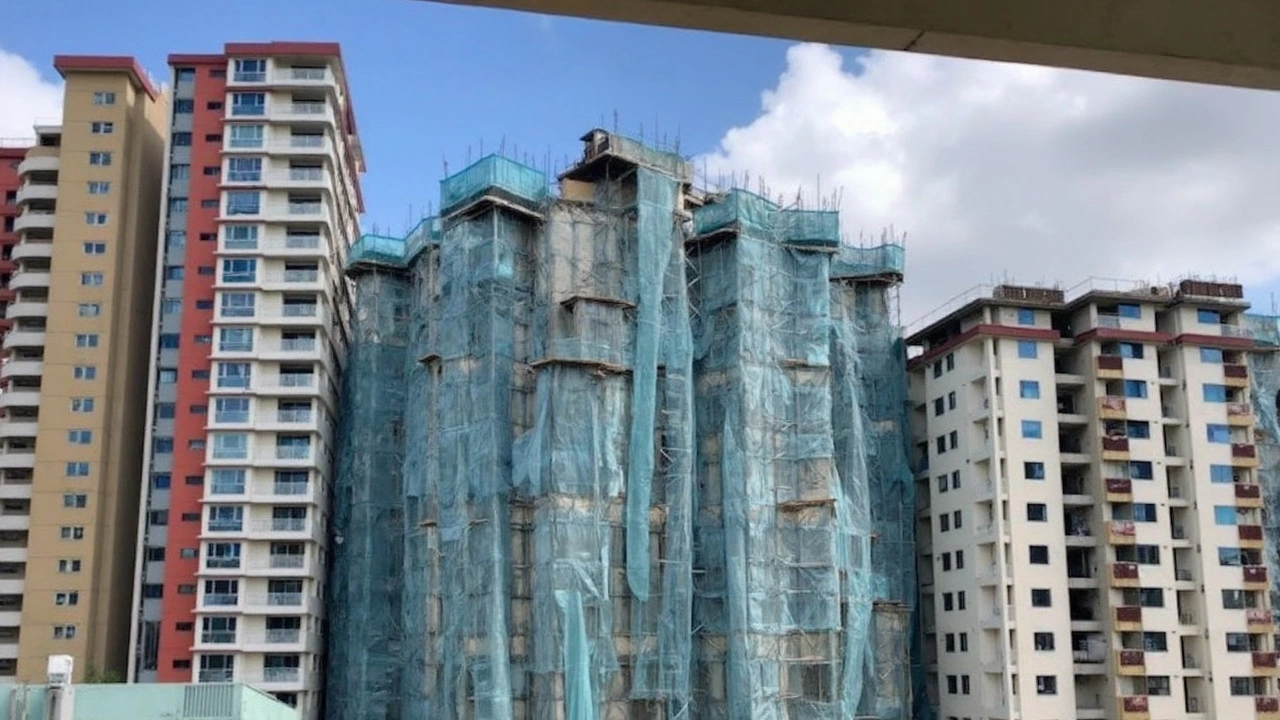Everything You Need to Know About Nairobi Land Court
If you own property or work with land issues in Kenya, the Nairobi Land Court is where a lot of important decisions happen. It deals with disputes over ownership, boundaries, leases and anything that touches land rights. Knowing what’s going on there can save you time, money and headaches.
What the Nairobi Land Court Handles
The court hears cases like contested titles, illegal evictions, mortgage defaults and zoning problems. It also resolves issues between private owners and government agencies over land allocation. In simple terms, if there’s a fight about who can use or sell a piece of ground, this is the place where judges sort it out.
How to Follow Recent Decisions
Staying updated is easier than you think. The court publishes judgments on its official website every week. You can also subscribe to email alerts from legal news portals or follow reputable Kenyan law blogs that summarize the rulings in plain language. Social media groups for property professionals often share quick takeaways, too.
When a new judgment is released, look for three things: the factual background, the legal reasoning and the final order. The facts tell you what happened, the reasoning shows which laws were applied, and the order reveals the outcome – whether it’s a land title transfer, a compensation payment or a reversal of an earlier decision.
For anyone filing a case, timing matters. There are strict deadlines for submitting evidence and appeals. Missing a deadline can close your door permanently. The court’s clerk office can confirm dates, but many lawyers recommend keeping a personal calendar with reminders set a week before each due date.
If you’re not sure whether your issue belongs in the Land Court, ask yourself two quick questions: Is the dispute about land ownership or use? And does it involve parties located in Nairobi or its environs? If both answers are yes, you’re probably looking at the right venue.
Legal costs can add up fast. To keep expenses low, gather all relevant documents – title deeds, lease agreements, maps and any prior court orders – before you walk into the clerk’s office. Having a complete file means the judge won’t ask for more paperwork later, which speeds up the process.
Many people think land cases take years, but recent reforms have shortened timelines for straightforward matters. The court now aims to deliver judgments within 90 days for uncontested claims. That speed boost is especially helpful for developers who need clear titles before they can start construction.
Finally, remember that the Nairobi Land Court’s decisions often set precedents for other courts in Kenya. A ruling on a boundary dispute in one suburb could influence how similar cases are handled nationwide. So even if your case seems small, it might shape future land law across the country.

Nairobi Court Halts Kileleshwa High-Rises Over Zoning Breaches
Feb 9, 2025, Posted by Ra'eesa Moosa
A Nairobi court has intervened in the construction of high-rise buildings in Kileleshwa, enforcing a limit of 16 floors due to zoning issues. This comes after residents raised concerns about environmental and security impacts, challenging ongoing urban development practices.
MORE